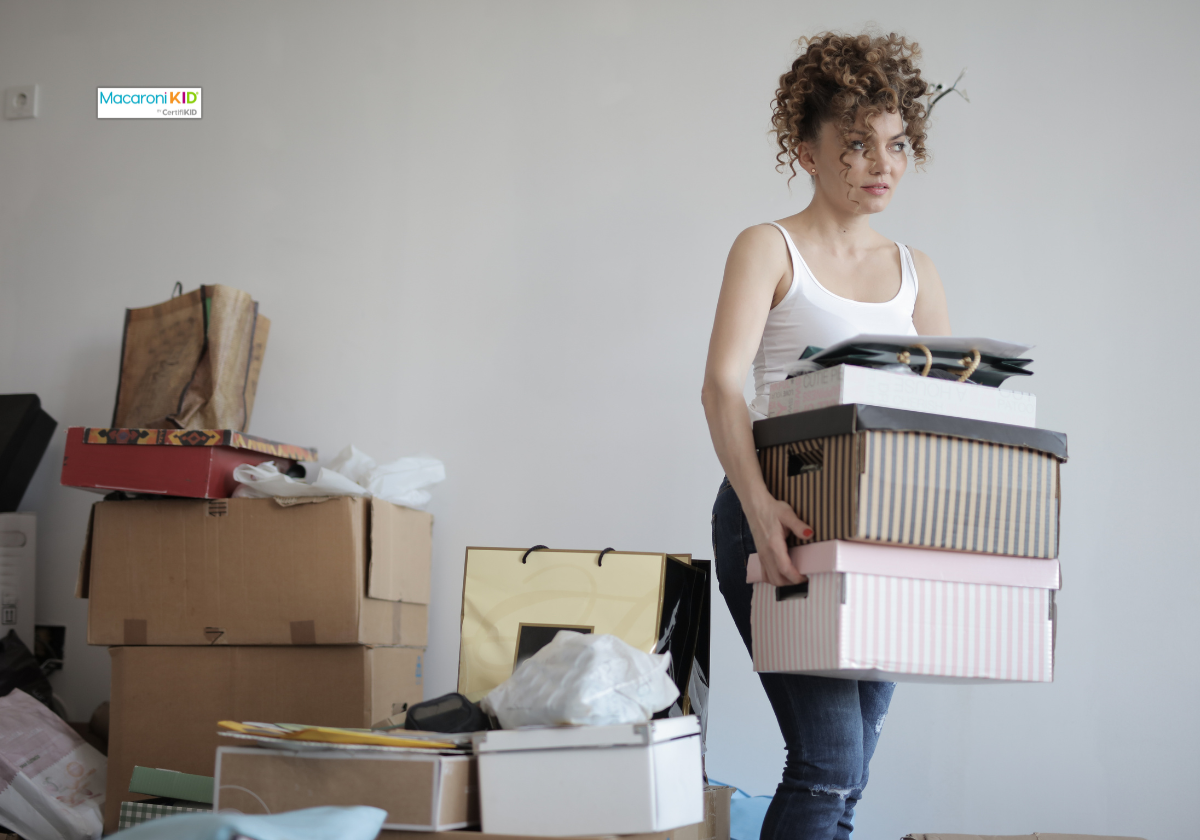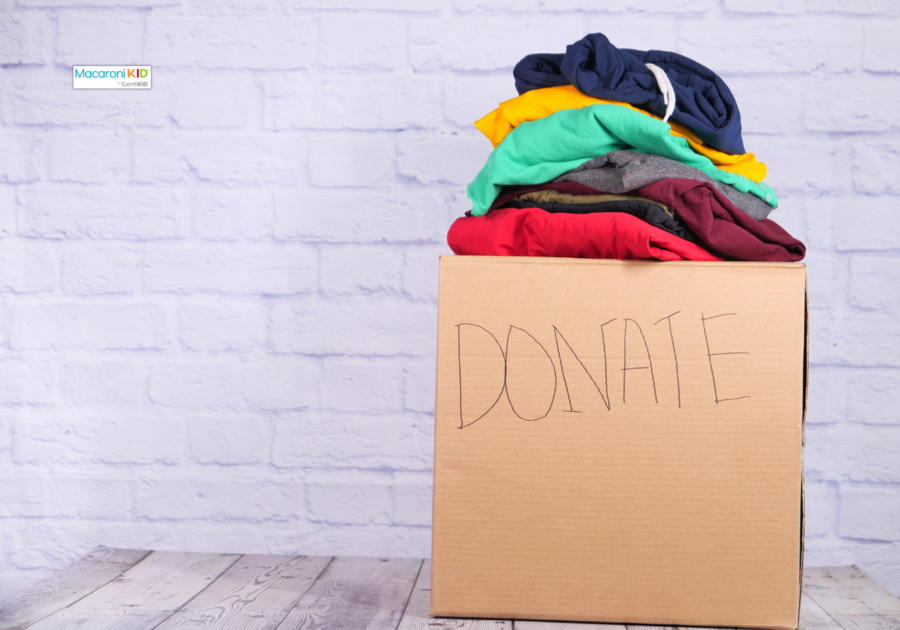Are you ready to pave the way for your 2024 New Year's resolutions? Whether you aim to carve out space for a home gym or simply wish to declutter your living space, initiating a cleaning and purging routine can set the tone for a positive start to the new year. To help you begin this transformative process, consider the following tips. While it may seem daunting initially, remember that you can successfully achieve this, and there's no more fitting time than now to create room for a rejuvenating fresh start in the coming year.
Get organized and start identifying unwanted items
The first step is to get organized. Start by walking through your house room by room. Look in each closet, cabinet, and nook. Look at items and ask yourself if you still love it and use it. Set aside items you no longer want or need.
As you continue this process, you will start to see the areas of your home that need the most purging. If that means you get overwhelmed by a specific room or drawer, that's OK. Come back to it later when you're ready. Some people choose to do this process room by room, or even drawer by drawer. Do it at the speed that works best for you!
 Andrea Piacquaido | Canva |
Decide what to do with your stuff
You can sell, donate, recycle or — last resort — toss your unwanted items.
- Selling: Selling items can be a great way to make some extra money. You can list your items online anywhere from eBay to Facebook Marketplace. You could also consider hosting a yard sale or taking your items to a consignment shop.
- Recycling: Many items such as electronics and batteries can be recycled responsibly instead of ending up in a landfill. Check with your local municipality for information about how to safely dispose of hazardous materials like paint and chemicals.
- Donating: If you don’t want to go through the hassle of selling your items, you might donate them instead. Make sure items are in good condition before donating — organizations likely won't want items that are broken, stained or damaged. There are plenty of charities and organizations that will gladly accept your items. Here are some to consider:
Where to Donate
In Washington State, you have several options for donating your items. Here are some common places where you can donate various items:
- Goodwill:
- Goodwill operates numerous donation centers and thrift stores across Washington state. You can drop off clothing, household items, electronics, and more.
- Salvation Army:
- The Salvation Army has locations throughout Washington that accept donations of clothing, furniture, household goods, and other items. Check their website or contact a local branch for more information.
- Value Village:
- Value Village is a thrift store chain with locations in Washington where you can donate clothing, accessories, and household items.
- Local Thrift Stores:
- Many local thrift stores accept donations. Check with independent thrift stores in your community to see if they are in need of items.
- Habitat for Humanity ReStore:
- Habitat for Humanity ReStore locations accept donations of furniture, home goods, and building materials. The items sold in ReStore support Habitat for Humanity's mission.
- Schools and Educational Programs:
- Local schools, libraries, and educational programs may welcome donations of books, educational materials, and supplies. Contact schools or educational institutions in your area to inquire.
- Homeless Shelters:
- Homeless shelters often accept donations of clothing, blankets, and personal care items. Look for local shelters in your community.
- Animal Shelters and Rescues:
- Animal shelters and rescues may accept donations of pet supplies, blankets, and other items. Check with your local animal shelters for their specific needs.
- Community Centers:
- Community centers may have programs or initiatives that benefit from donated items. Contact your local community center to inquire about their needs.
- Medical Supply Charities:
- Some organizations specialize in accepting medical supplies. Check with local medical supply charities to see if they need specific items.
- Veterans' Support Organizations:
- Organizations supporting veterans may accept donations. Contact local veterans' support groups or organizations to inquire about their donation requirements.
Before donating, it's advisable to contact the specific organization or facility to confirm their current donation policies and any restrictions they may have. Additionally, make sure your items are in good condition and meet the criteria set by the donation center.
No matter where you choose to donate your things, know that your generosity is helping someone in need.
Now that you’ve done the hard work of purging and donating, you should have more room and clear space to start the activities of the new year. You can relax knowing that your stuff has gone to good use ... and you've cleared out space to make room for a new year of success.



